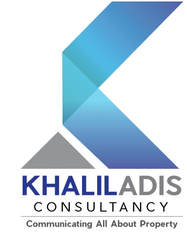|
Technology and finance sectors will dominate the office market, especially for Grade A offices in the CBD. By Khalil Adis For the past year, bank manager, Cheryl, has been working from home for three weeks a month as the default measure kicked in when COVID-19 happened. The experience, she said, was a nice change from the usual office routine. “Working from home has its pros and cons. The most obvious advantage is the flexibility I have especially when I have a pre-school child. I get to send my son and pick him up from school every day. Occasionally, I can whip up a nice dinner when I'm less tied up at work. I also spent less time commuting and more time bonding with my family,” she said. While acknowledging she enjoyed the flexibility, she notes there were some downsides as well. “I tend to overwork. There are occasions I would turn on my laptop when my son is asleep at night or on weekends when he is napping. I was even working when I was feeling under the weather,” she said. Another major drawback she experienced was the reduction in human interactions. "The lack in connection with the team tends to drift professional relationships,” she added. Fast forward a year later, Cheryl is now back in the office after the government announced that starting from 1 January 2022, fully vaccinated employees can return to work. Grade A office rents in the CBD projected to grow by 4.6 per cent With many workers like Cheryl now back in the office, analysts are expecting Singapore’s office market to make a strong recovery in 2022. A report released in February 2022 by Cushman and Wakefield predicts that Grade A office rents in the Central Business District (CBD) will grow. “The Singapore office market bottomed out in 2021 as demand continues to recover amidst a flight to quality. Looking ahead, Singapore’s CBD Grade A office rents are projected to grow by 4.6 per cent year-on-year with vacancy rates tightening to below 4 per cent by end-2022, against a backdrop of projected sustained demand of 0.9 million sq ft (msf) and limited supply of 0.8 msf this year,” said Wong Xian Yang, head of research, Singapore at Cushman & Wakefield. Data from Cushman and Wakefield also showed that Grade A and B office spaces are seeing growths after six consecutive quarters of decline since the first quarter of 2020, although this was still lower than the growth that was recorded before the pandemic began. “CBD Grade A office rents rose by 1.7 per cent quarter-to-quarter in the fourth quarter of 2021, marking three consecutive quarters of growth. For the whole of 2021, CBD Grade A rents grew 2.3 per cent year-on-year to reach $9.81 per sq ft per month, although this remains about 8.0 per cent below pre-pandemic (fourth quarter of 2019) levels,” its report cites. More investment deals expected Shaun Poh, Cushman & Wakefield Singapore’s executive director and head of capital markets said we may see higher office investment deals done with the Singapore market poised to outperform the broad Asia Pacific market this year. “With anticipated strong rental growth, investors looking to deploy capital into safe haven assets with healthy returns will find the Singapore office market appealing,” he said. Poh adds that as the market continues to recover and with limited stocks available for sale, buyers may bite. “Amidst ample liquidity and keen demand, office capital values expected to run up and cap rates could compress further with higher interest rates. Assuming cap rates tighten to 3.10 per cent in 2022 from 3.15 per cent in 2021, CBD Grade A capital values could increase by over 6 per cent this year,” Poh said. Notable lease transactions in 2021 Analysts said with the flight to quality seen last year, several notable tech companies upgraded from Grade B to Grade A CBD offices, totalling around 297,500 sq ft of lettable space. For instance, Lazada and Ali Baba took up some 140,000 sq ft of space at Lazada One followed by KPMG (100,000 sq ft) and Red Hat (57,500 sq ft) at Asia Square Tower 2 and CapitaSpring respectively. “We may see a slower and drawn-out recovery momentum as compared to historical recoveries. While office demand has risen in tandem with a strong economic recovery in 2021, the rise of hybrid work will likely lead to lower structural demand for office space as more people are able to work from home,” its report cites. Increase in leasing interests from finance and technology sectors One agent who does corporate leasing in the CBD said he is seeing an uptick in interests among prospective tenants from the finance and technology sectors. “Traditionally, firms in these sectors would lease co-working spaces. However, post COVID-19, they are now looking for fully fitted COVID-19 safe Grade A office space with a budget ranging from $7.50 to $8.50 per sq ft for a 2-year lease,” said the agent. A human resource executive in the finance industry who is currently occupying a co-working space concurs with this finding. “Initially, we were looking at co-working spaces as they have all the furniture done up. However, we are now exploring offices that are fully fitted out as well. As long as the price is within or budget and within easy access to the MRT stations, we will consider the space,” said the executive who wishes to remain anonymous. Analysts also agree with these findings. Cushman and Wakefield Singapore predicts technology and financial occupiers will continue to be major sources of office demand in 2022. The firm said this is because Singapore is a prominent tech hub globally with 88 of the world’s top 100 technology companies operating in Singapore and 59 per cent of tech multinationals establishing their regional headquarters in Singapore. “As these tech companies grow, their appetite for CBD Grade A office space would expand. However, given limited Grade A spaces within the CBD, some would start exploring city fringe Business Park space, following the likes of Google, Razer and Grab, as they outgrow their current premises. While this could create sizeable pockets of space in the CBD over the mid-term, they could be filled by future demand from future tech firms. Singapore has a vibrant start-up scene with over 4,000 tech startups locally and access to a large concentration of startups in Southeast Asia,” said Mark Lampard, Cushman & Wakefield Singapore’s executive director and head of commercial leasing. Moving forward With working from home no longer the default mode, some employees like Cheryl hopes for some flexibility to be allowed.
“It will definitely be great if we can have work from home as the norm for at least 25 per cent of the time going forward. This will give flexibility for working parents to attend to their kids as and when it is required. This could also reduce the sick leave rate if employees have the option to work from home,” she said. Meanwhile, analysts say while they remain optimistic, some inherent risks remained. “While the outlook for the Singapore office market looks promising, there are potential downside risks such as new Covid-19 variants which could reverse re-opening of economies and faster than expected rise in interest rates which could derail the recovery of the global economy,” said Lampard. Lampard advised potential tenants to make the best of the office market while they still can. “Notwithstanding these potential downside risks, tenants who are delaying their real estate decision making are advised to fast track their planning to optimise the opportunities available in the office market and ‘catch 22’ before it goes away,” he said
0 Comments
Allianz Real Estate investment in Ocean Financial Centre is part of its strategy to allocate 5 per cent to 10 per cent of its real estate investments to the Asia-Pacific region. By Khalil Adis #1: Ocean Financial Centre is a 43-storey Grade A office tower The Grade A office tower is located strategically at the intersection of the Raffles Place and Marina Bay financial precincts with retail component on its ground floor and basement level. It is accessible via the Raffles Place MRT station. #2: Singapore’s office market is experiencing strong rental growth While Singapore’s private residential market has been muted by the recent property cooling measures, its office market is doing well. "The Singapore office market is experiencing strong rental growth. From an occupational cost and efficiency perspective it continues to be favourable vis-a-vis other comparable markets like Hong Kong,” said Mr Rushabh Desai, CEO Asia Pacific at Allianz Real Estate,. #3: The divestment is worth S$537.3 million According to Keppel REIT Management Limited, the divestment is part of ongoing portfolio optimisation efforts and presents a unique opportunity to unlock value for its unitholders. The divestment by Keppel REIT of a 20 per cent minority stake in its subsidiary, Ocean Properties LLP which holds Ocean Financial Centre, to Allianz Real Estate has an agreed property value S$537.3 million. This is 16.8 per cent above Keppel REIT’s historical purchase price of S$460.2 million. #4: Divestment has a target completion date by end December 2018 According to Keppel REIT, it currently holds a 99.9 per cent interest in Ocean Financial Centre through Ocean Properties LLP. Keppel REIT said the divestment is expected to be completed by end December 2018 With Allianz now holding a 20 per cent a minority stake in Keppel REIT’s subsidiary, Ocean Properties LLP, will continue to maintain a majority interest in Ocean Financial Centre through its 79.9 per cent interest in Ocean Properties LLP. Additionally, Keppel REIT said it will continue to be the asset manager for Ocean Properties LLP in relation to Ocean Financial Centre. #5: Unitholders of Keppel REIT set to benefit from the divestment According to Tan Swee Yiow, CEO of Keppel REIT Management Limited, the divestment is “in line with our commitment to deliver sustainable total return to unitholders”.
"The partial divestment of Ocean Financial Centre is a unique opportunity for unitholders to realise part of the capital gains from this premium Grade A office building, while maintaining exposure to the strengthening Singapore office market. Despite this being a divestment of a non-controlling stake, the agreed property value reflects the asset's quality and underlying value,” he said in a statement. The divestment will see Keppel REIT realising approximately S$77.1 million of capital gains. This translates to an attractive net asset-level return of 8.3 per cent per annum over the holding period. |
Khalil AdisAn independent analysis from yours truly Archives
July 2023
Categories
All
|
100 Peck Seah Street
|
|
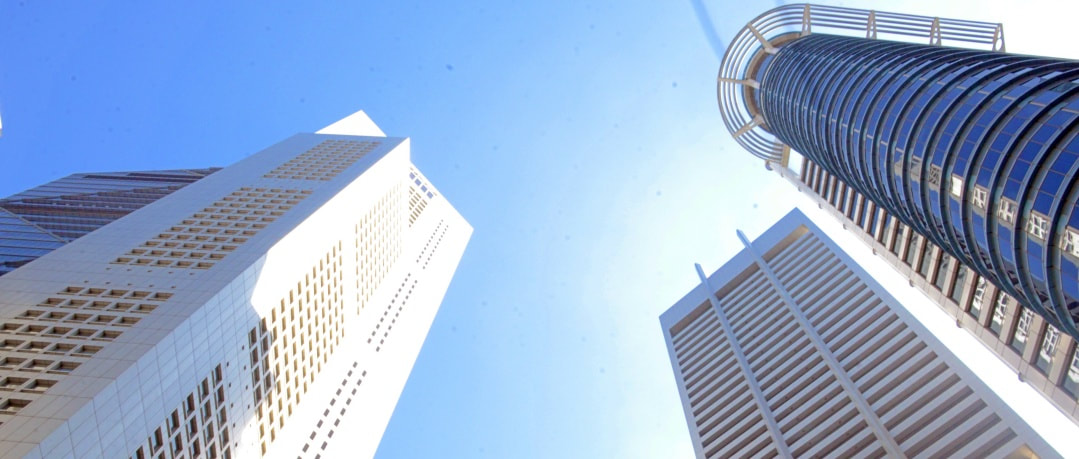
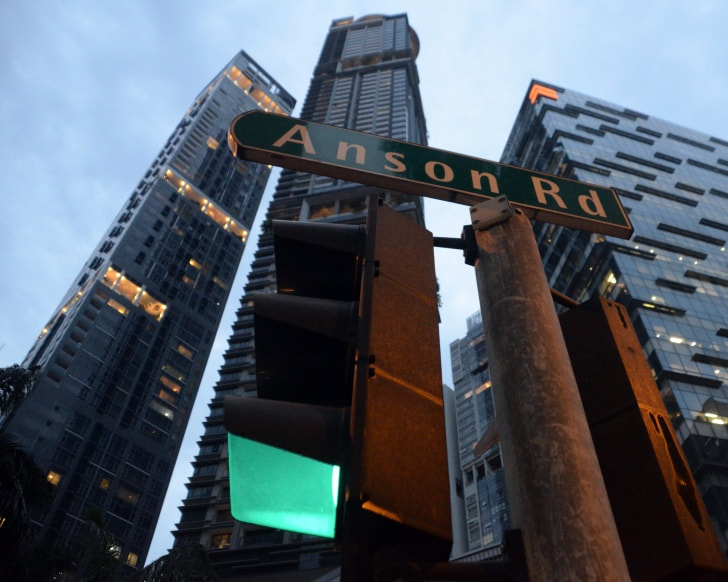
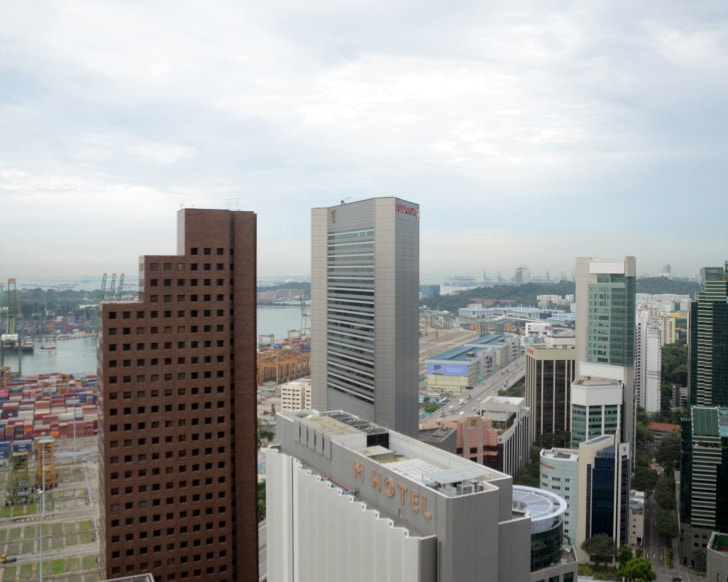
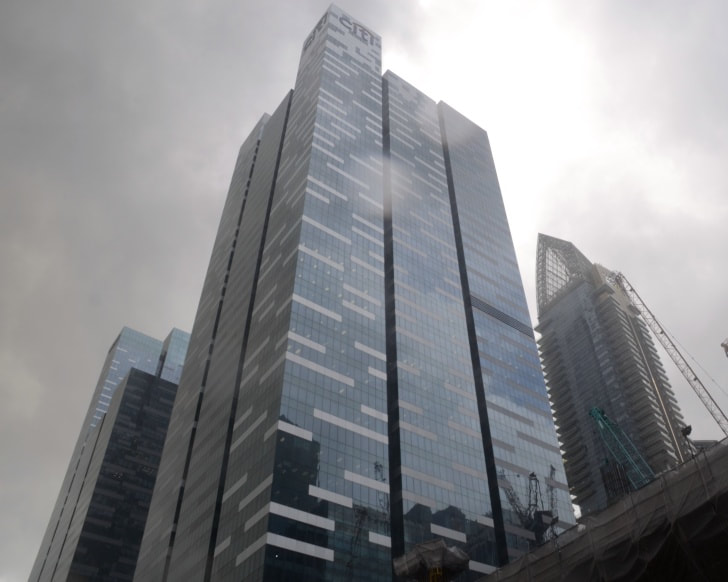
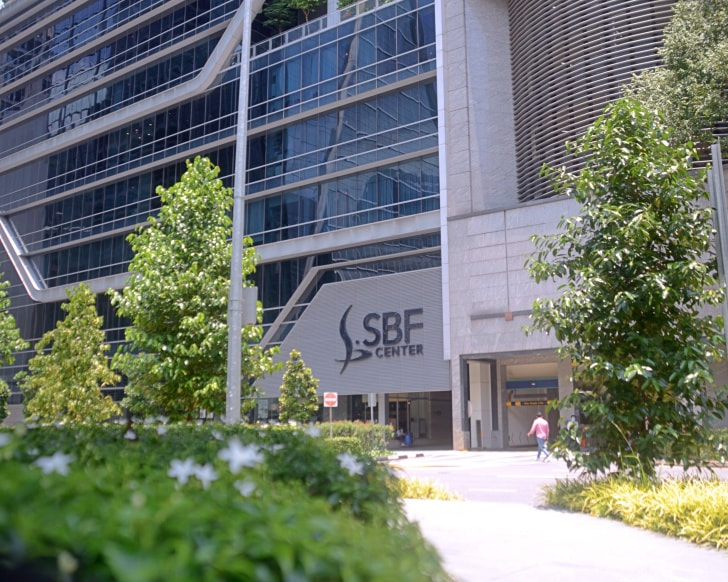
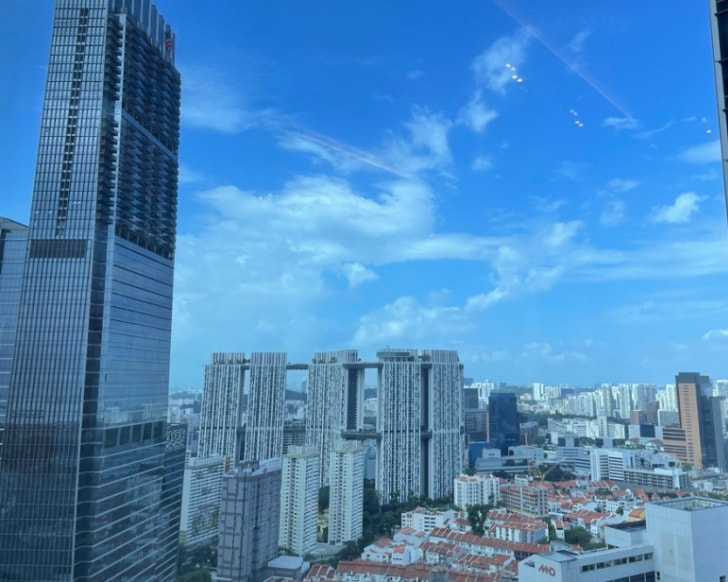
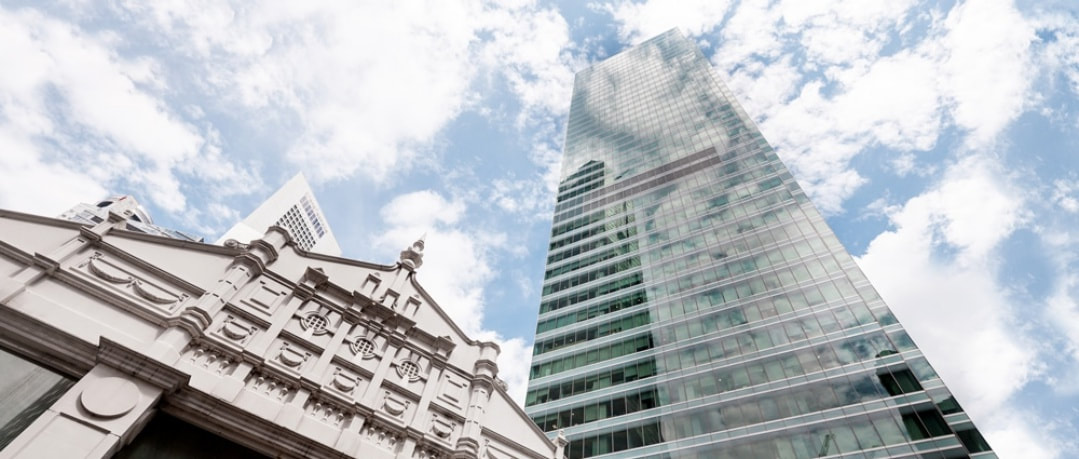
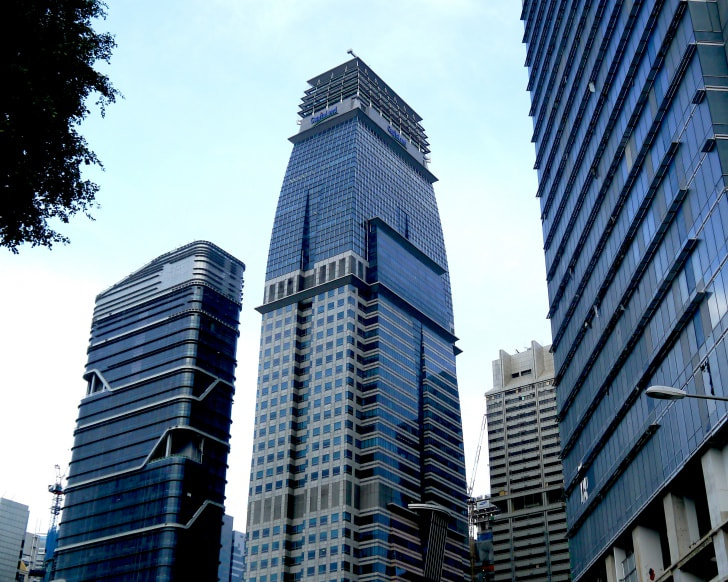
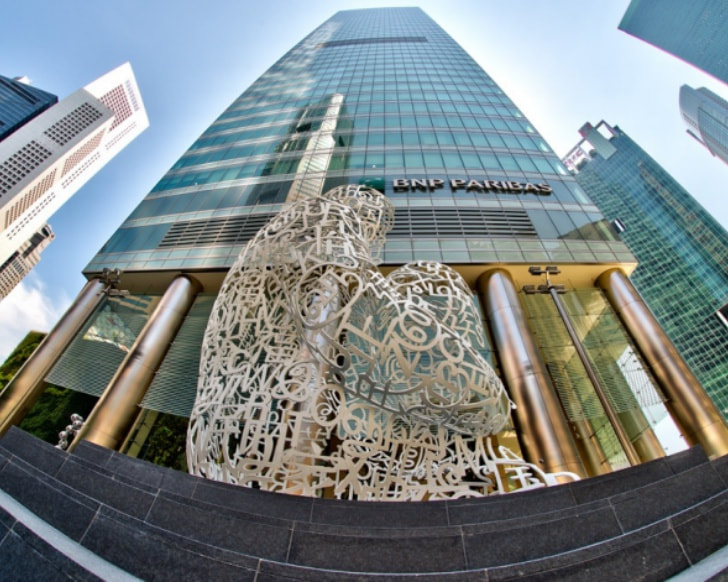
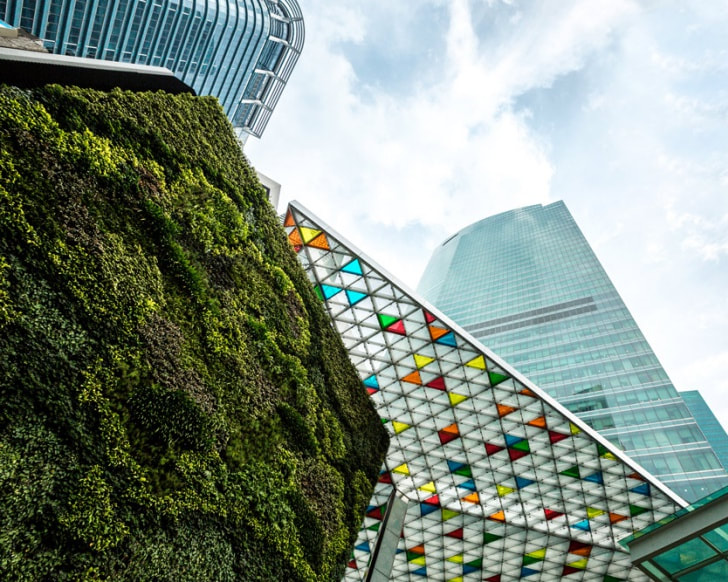

 RSS Feed
RSS Feed
